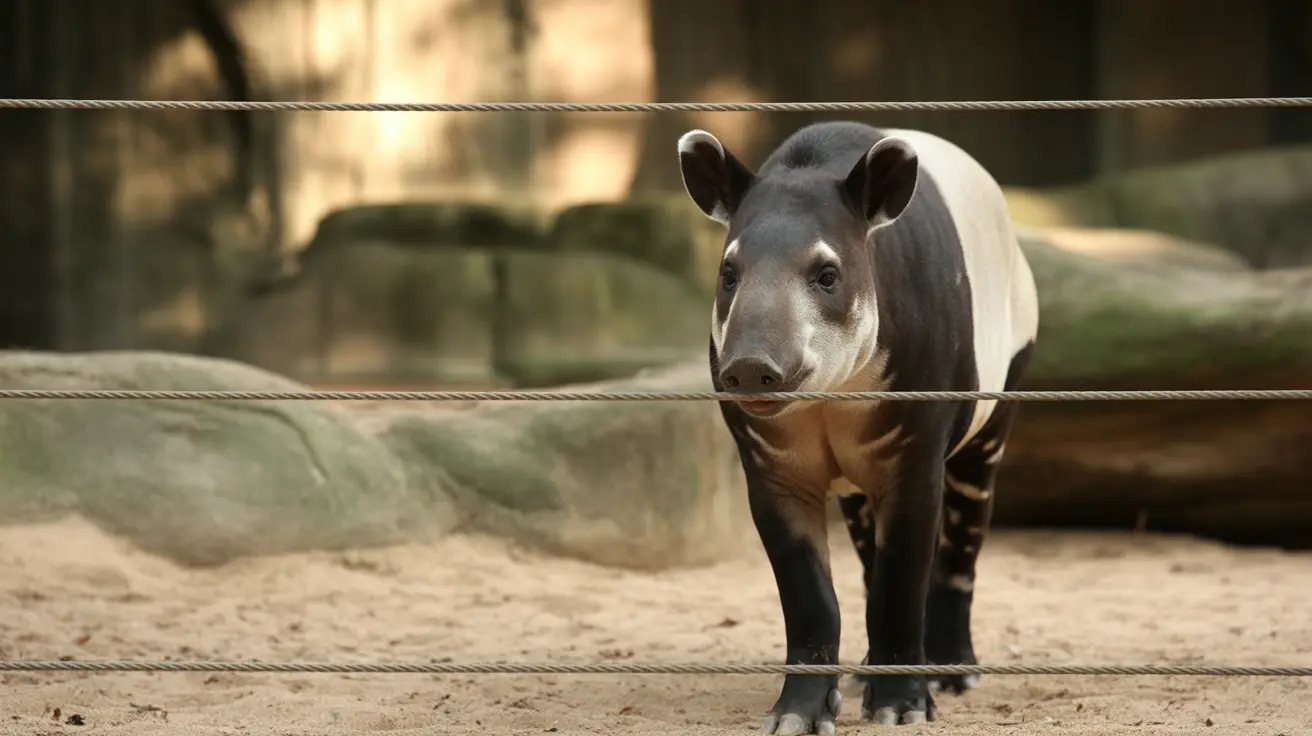Can Dogs Safely Enjoy a Little Bit of Vanilla?
Vanilla is a flavor beloved by many, and dog owners may wonder whether sharing a scoop of vanilla ice cream with their furry friend is safe. While a small lick of plain vanilla ice cream may not be toxic to most dogs, it is generally not considered a healthy or advisable treat. Understanding the risks, ingredients to avoid, and healthier alternatives can help ensure your pet’s well-being while indulging their sweet tooth.
The Core Risk Factors of Ice Cream for Dogs
Although vanilla isn’t toxic itself, traditional vanilla ice cream poses several risks, primarily due to its dairy content, sugar, and fat levels.
- Lactose Intolerance: Most adult dogs lose the ability to properly digest lactose after weaning, leading to gastrointestinal issues like diarrhea, gas, vomiting, and bloating.
- High Sugar and Fat Content: Even small servings can contribute to weight gain, dental problems, and potentially pancreatitis in susceptible breeds.
- Artificial Sweeteners: Some sugar-free versions of ice cream contain xylitol, an extremely poisonous substance for dogs that can cause seizures, liver failure, or even death.
Is Vanilla Ice Cream Ever Okay for Dogs?
Plain vanilla ice cream without any added flavors, preservatives, or harmful ingredients might be tolerated in very small quantities by some healthy dogs. However, it’s important to monitor your dog closely for signs of digestive upset or allergic reactions.
Common symptoms after ingestion include:
- Vomiting or diarrhea
- Lethargy
- Abdominal discomfort
- Itchy skin or rashes
An occasional lick or two is unlikely to cause harm, but regular consumption is discouraged. For dogs with known sensitivities, even a small amount can lead to more serious health problems.
Ingredients to Absolutely Avoid
Certain add-ins make some ice cream flavors hazardous or even deadly for dogs. NEVER offer your dog ice cream containing:
- Xylitol: A common sugar substitute that is toxic to dogs.
- Chocolate: Contains theobromine, harmful and potentially fatal to dogs.
- Macadamia nuts: Highly toxic to dogs and can cause neurological issues.
- Raisins and grapes: Can cause kidney failure in dogs.
- Coffee or caffeine: Dangerous stimulants that affect the central nervous system.
Veterinary Advice and Nutritional Guidelines
Veterinarians generally caution against feeding any traditional human ice cream to pets. Even plain vanilla versions are not formulated with canine nutritional needs in mind. Pet experts recommend that treats make up no more than 10% of a dog's daily calorie intake.
Dogs with the following conditions should not be given vanilla ice cream at all:
- Lactose intolerance
- Obesity
- Diabetes
- Allergies
- Sensitive stomachs
Healthier Frozen Alternatives for Dogs
If you want to give your dog a cool treat on a hot day or just make them feel special, consider safer, dog-friendly options:
- Dog-specific Ice Cream: Specially formulated products that are lactose-free and low in sugar.
- Frozen Fruits: Blueberries, strawberries, and watermelon (seedless and in moderation) can be frozen and used as treats.
- Plain Greek Yogurt: Contains less lactose and may be tolerable for some dogs—but only in tiny amounts and with no added sugar.
- Homemade Frozen Treats: Mix pureed banana with peanut butter (xylitol-free) and yogurt to make pet-safe pup pops.
What to Do If Your Dog Eats Ice Cream
If your dog sneaks a bite of vanilla ice cream, observe them for the next 24 hours. Offer plenty of fresh water and avoid giving additional food that might upset their stomach. If symptoms like vomiting, diarrhea, or signs of toxicity appear and persist, contact your veterinarian immediately.
For mild stomach upset, you can try feeding a bland diet for a day or two—boiled chicken and rice in small portions is usually safe. Avoid forcing food and ensure your dog stays hydrated.
Conclusion: Proceed With Caution
While a tiny lick of plain vanilla ice cream may not harm your dog, it’s not a wise regular treat. The digestive risks, high fat and sugar content, and chance of hidden toxic ingredients make ice cream a poor choice for most dogs. Instead, choose healthier, dog-safe frozen treats that satisfy your pup without compromising their health.





